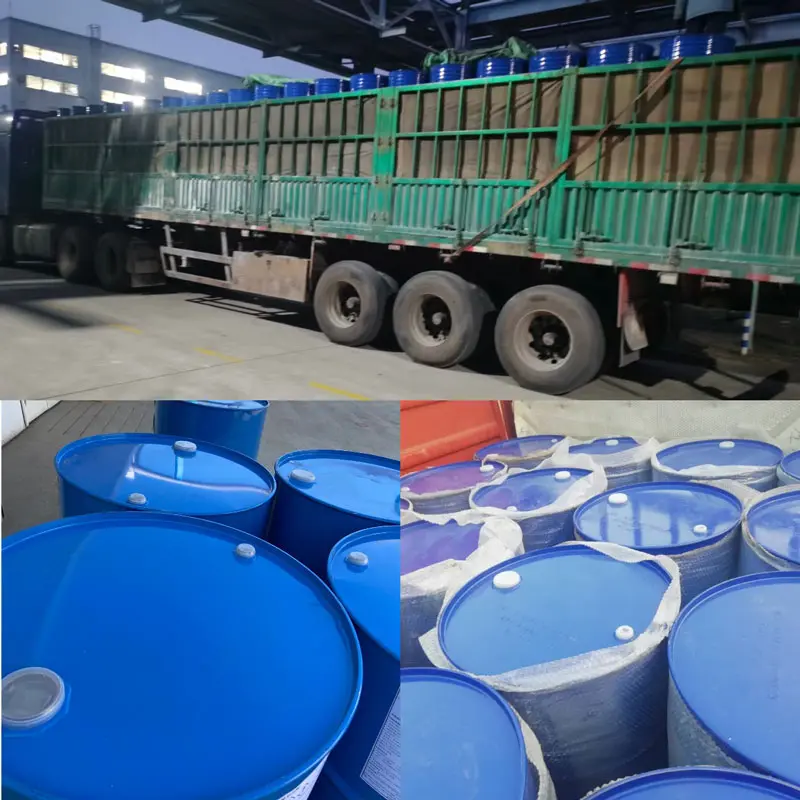carboxymethyl cellulose in food


In product innovation, CMC has expanded to cater to an ever-growing catalog of applications. Beverages, both alcoholic and non-alcoholic, gain from the stabilization CMC provides, preventing crystallization and ensuring uniform texture. In ice creams and frozen desserts, CMC curtails ice crystal growth, enabling a consistent, creamy texture even after repetitive freeze-thaw cycles. To better illustrate, consider plant-based milks—a sector booming with consumer affluent seeking dairy alternatives. CMC's role is pivotal here; it provides the viscosity characteristic of dairy, without contributing additional flavor, thus maintaining the essential taste consumers desire. This ability to seamlessly integrate into formulations while enhancing product characteristics typifies CMC's indispensable nature in food technology. For manufacturers, integrating CMC into their product lines can infer numerous advantages. Notably, it can optimize production costs by minimizing waste due to its emulsifying properties, reducing the need for additional fats or emulsifiers. This cost-efficiency not only benefits the production line but can be passed down to the consumer, further amplifying the appeal of CMC-utilized products on the competitive food market landscape. Lastly, educational outreach remains a part of reinforcing trust and authority surrounding CMC. Companies that leverage digital platforms to educate consumers on the advantages and safety of CMC, backed by supported research and expert testimonies, can significantly boost consumer confidence and loyalty. By demystifying the ingredient's role, manufacturers can create informed customer bases that appreciate the intricacies involved in modern food production. In summary, carboxymethyl cellulose stands distinguished in enhancing food product quality while maintaining customer satisfaction. Its expert application speaks to the precision of modern food science, assuring consumers of both the safety and innovation synonymous with today's food industry. As such, CMC continues to be a testament to the evolving dialogue between nature and technology, driving wholesome and sustainable culinary experiences.
Post time: 1月 . 24, 2025 04:59
Prev:


















